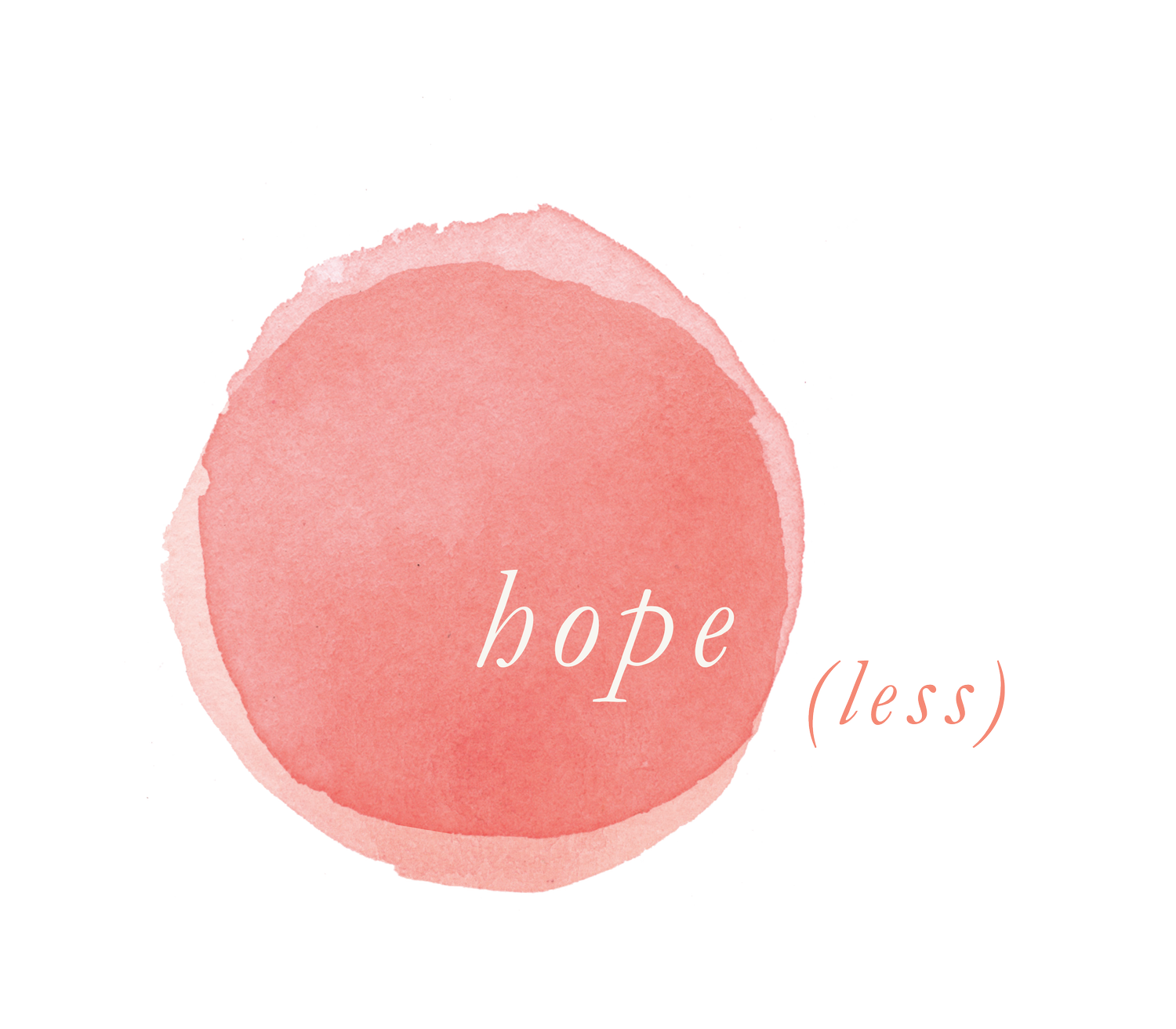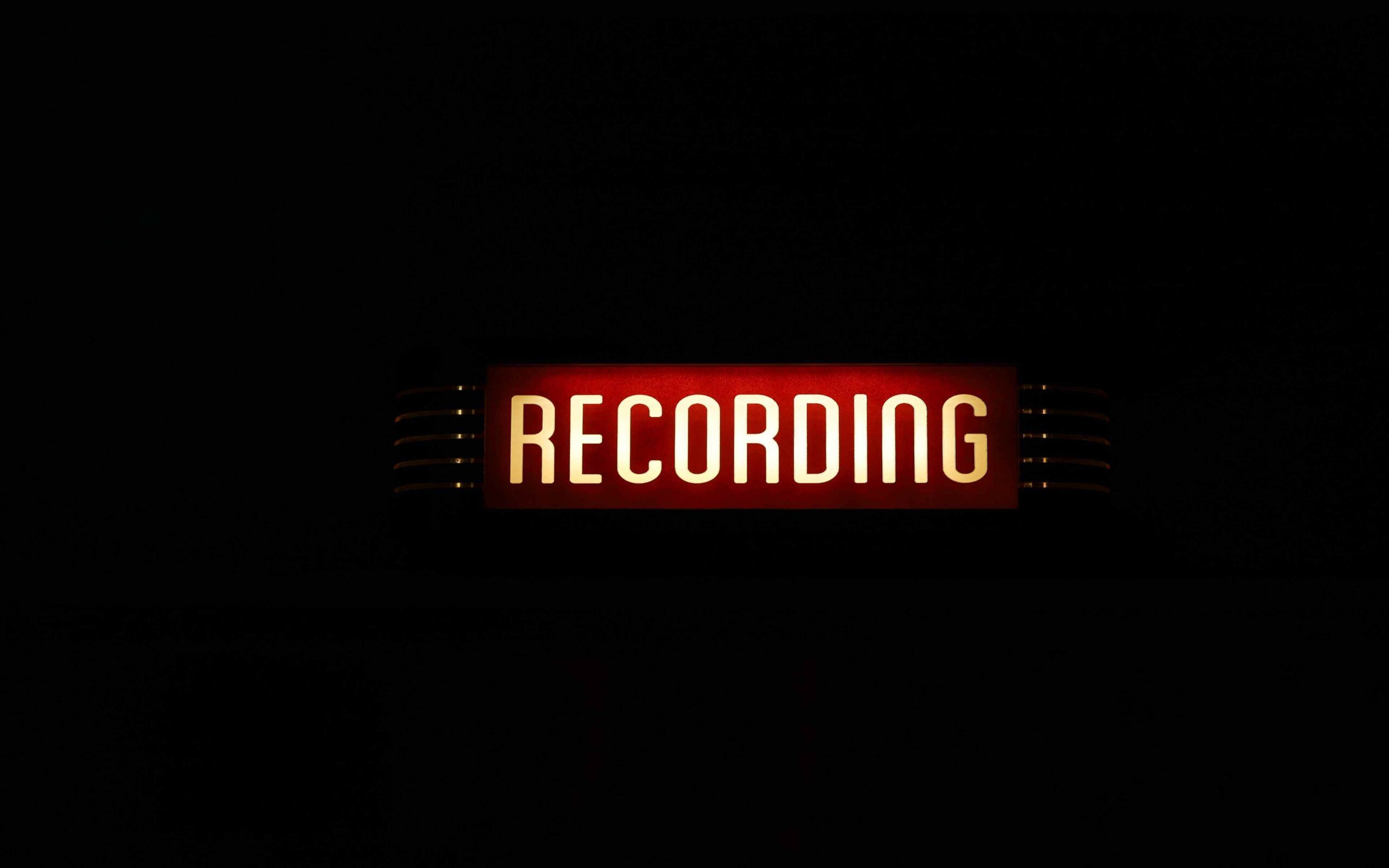When it comes to privacy and recording conversations, California enforces some of the strictest regulations in the United States. Known for its “two-party consent” rule, the law requires that all participants in a conversation must agree before any form of recording can take place. However, like many legal frameworks, there are notable exceptions, particularly in public settings.
Whether you’re an individual or a business operating in California, understanding these exceptions is vital for avoiding legal pitfalls. In this article, we’ll explore the key exceptions to California’s recording laws in public areas and explain when it’s lawful to hit that record button.
What Are California’s Recording Laws?
The legal backbone of California’s recording restrictions is California Penal Code Section 632, which mandates consent from all parties involved in a conversation—be it face-to-face, over the phone, or via electronic communication.
Yet, the law makes room for certain exemptions, aiming to strike a balance between personal privacy and public interest, including needs related to law enforcement and journalism.
Key Exceptions to Recording Laws in Public Spaces
Consent Not Required Where There’s No Expectation of Privacy
One of the most fundamental exceptions involves public locations where individuals cannot reasonably expect privacy. Think of places like:
- Public parks
- Pavements
- Public transport
- Outdoor events
In such environments, it’s generally accepted that conversations could be overheard—or even recorded. Therefore, it’s typically lawful to record someone speaking in, say, a café or during a public demonstration, so long as the context implies no expectation of privacy.
Recording Public Officials, Including Police
California law permits the public to record police officers and other officials while they’re performing duties in public, as long as it doesn’t obstruct their responsibilities. This is backed by California Penal Codes 69 and 633.
So, if you’re filming an officer at a public event or traffic stop, you’re generally within your rights—provided you do not interfere. That means no getting in their way or creating a disturbance.
Security Surveillance in Public or Semi-Public Spaces
It’s commonplace for businesses and property owners to install CCTV cameras for security. These systems are usually allowed to record areas like:
- Shop entrances
- Car parks
- Office lobbies
However, recording in spaces where people expect privacy—like restrooms, changing rooms, or private offices—is strictly prohibited. Additionally, businesses must ensure footage complies with wider data protection and storage regulations.
Media, Public Domain, and Broadcasting
Another important exemption relates to media coverage. Journalists and broadcasters are permitted to record events in public spaces, such as:
- Protests
- Speeches
- Concerts
Since these events occur in open environments, participants generally forfeit expectations of privacy. That said, legal concerns can still arise, particularly around defamation, privacy violations, or the misuse of personal data.
Accidental Eavesdropping in Public
There are circumstances where a conversation is picked up inadvertently—perhaps by a microphone left running during a video recording. If the intent was not to capture the conversation, the law may treat it as an exception.
Still, this is a grey area. The courts often look at whether the person recording had any reason to believe the conversation was private and whether the capture was intentional or negligent.
Law Enforcement and Legal Investigations
For undercover investigations or intelligence-gathering purposes, law enforcement is sometimes permitted to record conversations without consent. These recordings are heavily regulated and must follow strict protocols to ensure they meet both state and federal standards.
Why Do These Exceptions Exist?
While California values individual privacy, the law also acknowledges situations where recording without consent serves the public good. Examples include:
- Media accountability and press freedom
- Public safety and crime prevention
- Legal transparency and evidence gathering
These exceptions aim to balance civil liberties with practical realities, ensuring that important activities—such as lawful reporting and criminal investigations—can be conducted effectively.
What If You’re Facing Legal Challenges Related to Recording?
If you suspect you’ve infringed California’s recording laws—or you’re unsure whether your actions were within the legal boundary—it’s crucial to seek professional legal advice. Misunderstanding these rules can carry severe penalties, including criminal charges.
At David P. Shapiro Law, we specialise in navigating the nuances of California’s recording laws. Whether you’re dealing with an active case or simply need clarity on your rights, our experienced team is here to support you.
Final Thoughts
Grasping the exceptions to California’s recording laws in public spaces is essential for anyone wishing to stay legally compliant while recording conversations or events. Whether you’re a journalist, business owner, or private citizen, knowing when consent is not required can save you from future legal issues.
However, these exceptions aren’t blanket permissions—they depend on context. If you’re ever uncertain, it’s always best to consult with a legal professional before pressing “record”.
- What Are The Specific Exceptions To California Recording Laws In Public Spaces? - June 3, 2025
- Sculptra Surrey – Collagen Stimulation Therapy Near Oxted, Surrey - December 29, 2024
- Non-Surgical Brazilian Bum Lift In Brockham Surrey - December 16, 2024


